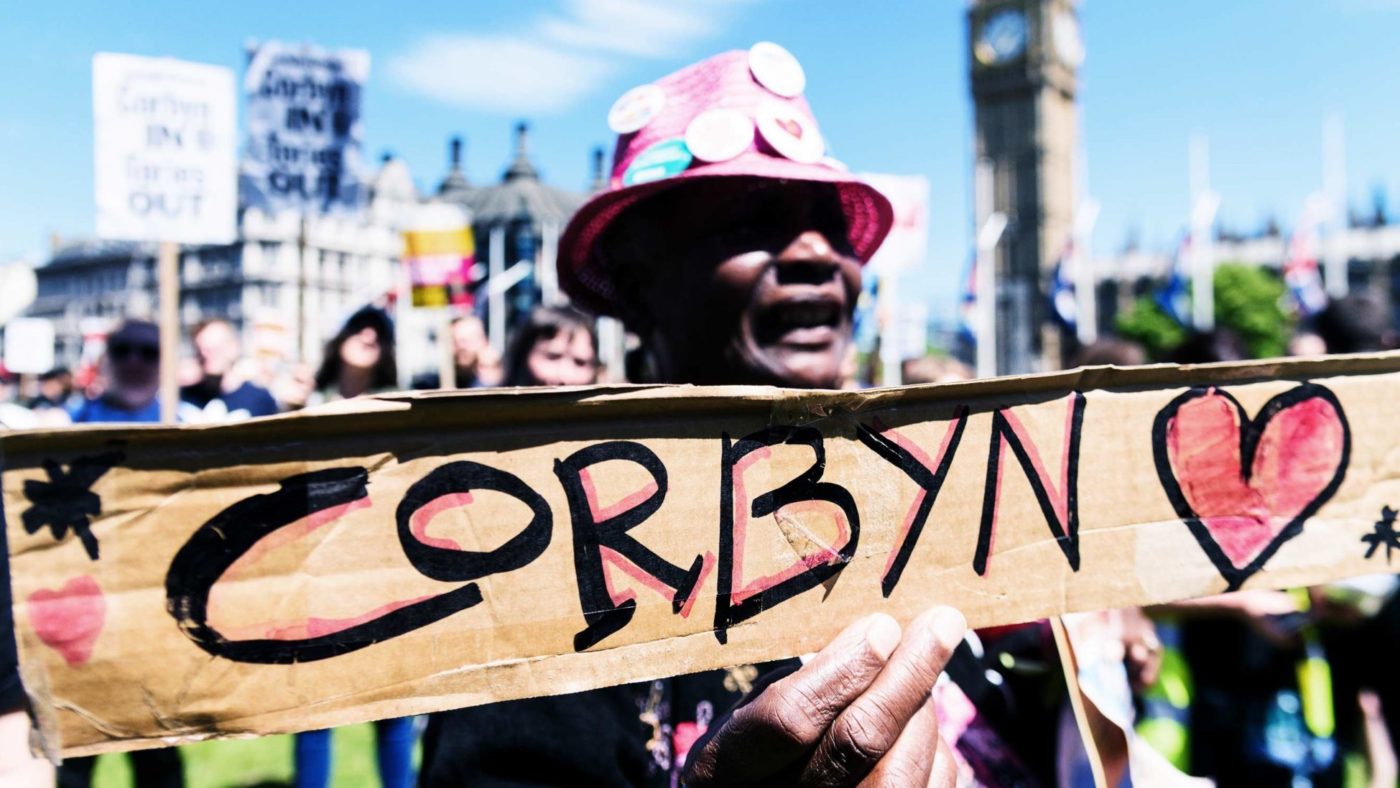Is Britain a nation of protectionists? As NumberCruncher’s Matt Singh proved for CapX this week, it all depends on how you ask the question.
When we asked the British public whether they “would support or oppose introducing tariffs (taxes on imports) to protect British industries”, 46 per cent said they would support them while 21 per cent said they would oppose.
Ask voters whether they “would support or oppose tariffs if they meant you would have to pay more for basic goods” and, perhaps unsurprisingly, people are less enthusiastic, with 48 per cent opposing tariffs and 26 per cent still supporting them.
More interesting than these headline figures is what makes for a good predictor of a given voter’s views on trade. One is whether that person backed Leave or Remain in 2016. Frustratingly for those keen to present Brexit as a chance to build a “Global Britain”, it’s the Brexiteers who are more likely to be protectionist.
Another is where someone stands on social issues. The more socially conservative someone is, the more likely they are to support protectionism.
Most surprising of all is the fact that there is no correlation between what someone thinks of tariffs and their broader view about how best to organise the economy. According to our poll, what you think of the respective merits of socialism and capitalism is no indicator of your views on trade.
These numbers support an alarming yet persuasive hypothesis: that big economic questions have been relegated to proxy issues in an increasingly bitter culture war in which identity trumps all else.
Tribalism is never good news for those of us convinced of the merits of an open society. But when it comes to the challenge of making the case not just for free trade, but for free markets too, this development brings with it some particular challenges.
The most obvious drawback is that the prioritisation of tribal loyalty over economic sense is bound to hurt the quality of policymaking.
Of the many things that should disqualify Jeremy Corbyn and John McDonnell from office in the eyes of voters who aren’t on the hard left themselves, their stated aim of “overthrowing capitalism” should be high on the list. But many Labour voters who are in no way signed up to that economic agenda are nonetheless happy to support Corbyn.
As other polling for CapX has found, the basic questions of how the economy is organised simply aren’t the wedge issues they deserve to be. For example, only half of Conservative voters are positive about capitalism.
The optimistic spin on these developments is that support for anti-capitalist politicians does not mean voters themselves are especially anti-capitalist. That is not to downplay the threat posed by the likes of Corbyn. But it is worth remembering that a vote for Corbyn is not necessarily a vote for his economic agenda.
Young voters in particular don’t appear to be wedded to Corbyn’s economic ideas. That would certainly be hard to square with the finding in a third set of polling for CapX that young voters are much more pro-business than their older counterparts.
And if economics is to play second fiddle to a wider culture war, it is worth pointing out that the market has the potential to be more open, inclusive and egalitarian than the economic ideas of those who hide behind appealing slogans.
This article is taken from CapX’s Weekly Briefing email. Sign up here.


